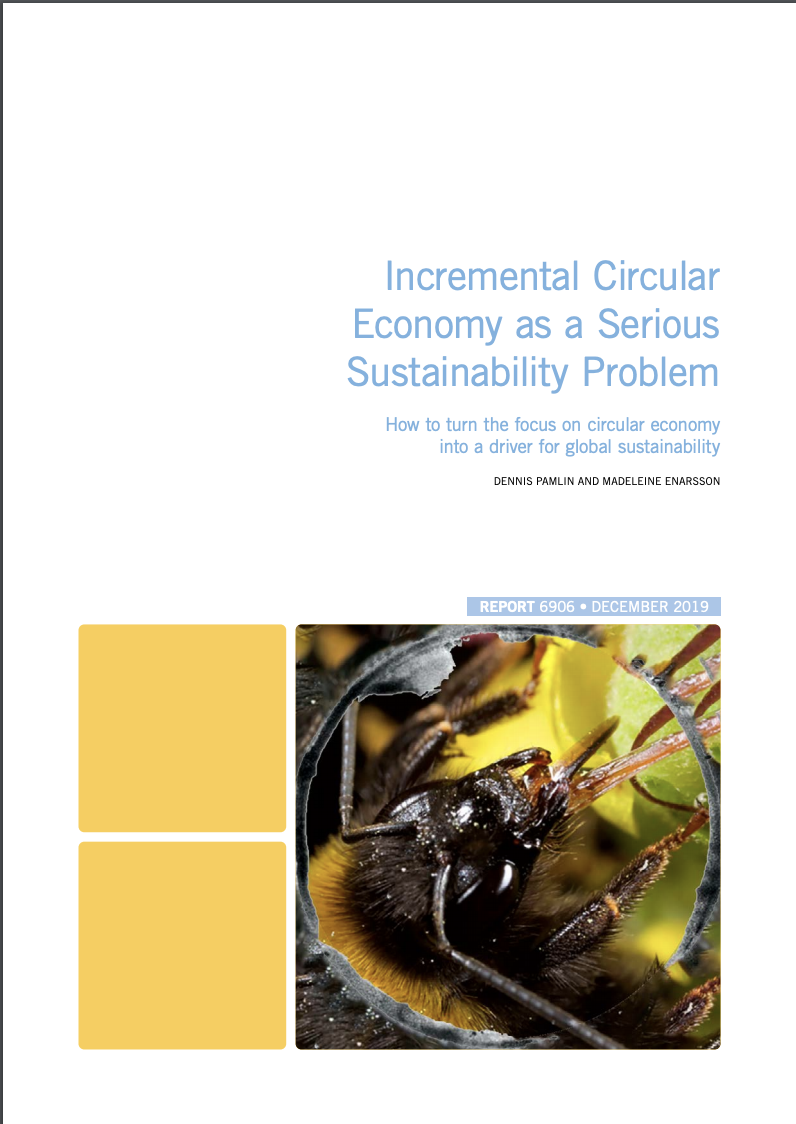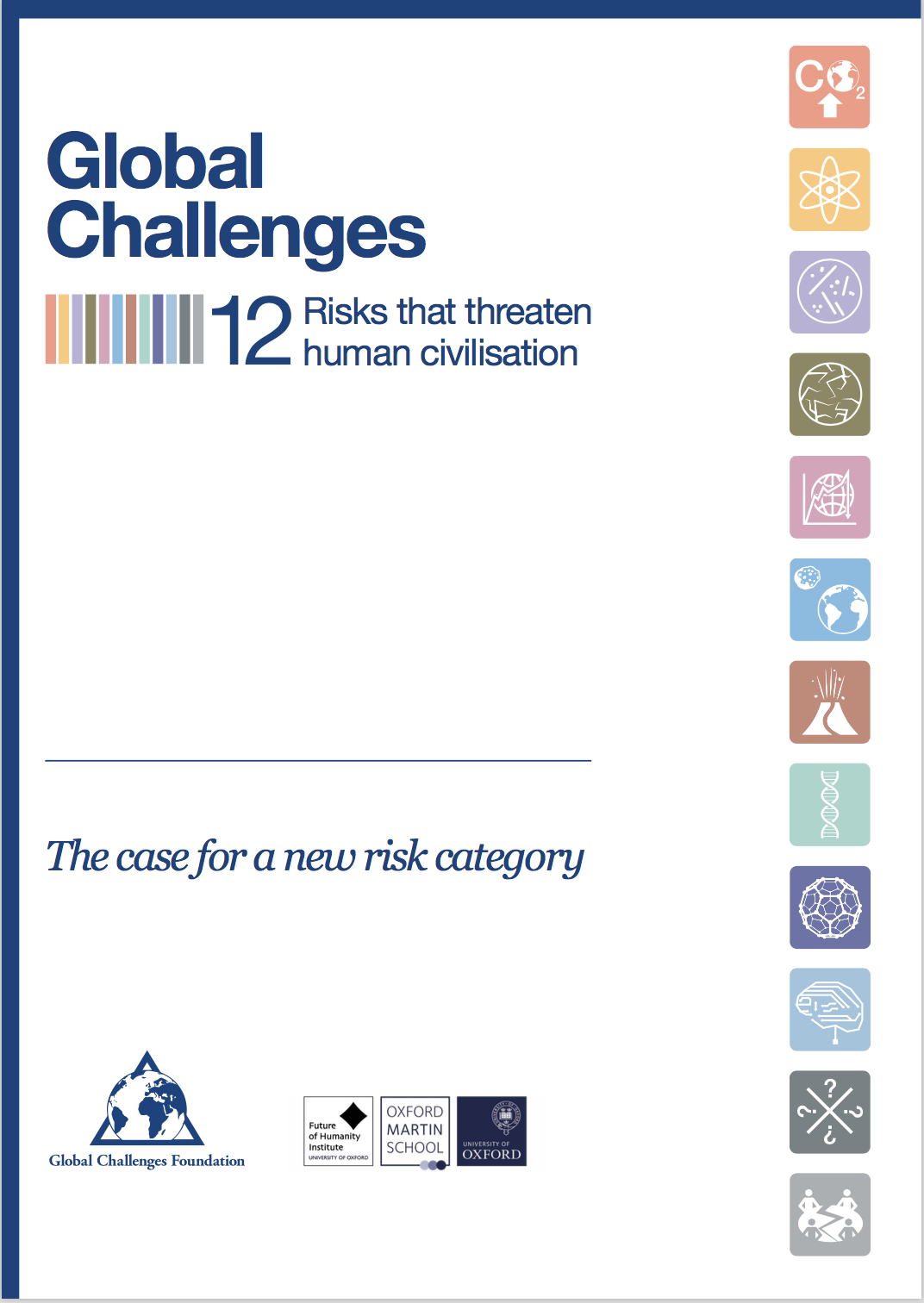Fund Management in the 21st Century: The role of sovereign wealth funds in contributing to a low carbon future.
/Role: Co-author
Next steps for investors in transition to low carbon economy
SRI is still a young field with a huge potential for development of more sophisticated approaches, products and indices for the environmentally-conscious investor. While mainstream investors have in excess of 50,000 indices in which to invest, SRI investors have only around 10013 . Several leading fund management companies have started to develop innovative new solutions that not only promote greenhouse gas emissions reductions but also provide new business opportunities. Even so, the severity of the climate change challenge requires even more action from the investment community in the near future. This is where SWFs can step in and take a leadership role to move the investment community in the right direction. Figure 5 below provides a summary of how SWFs can take the next step to ensure a low carbon future by encouraging innovation in sustainability.


































